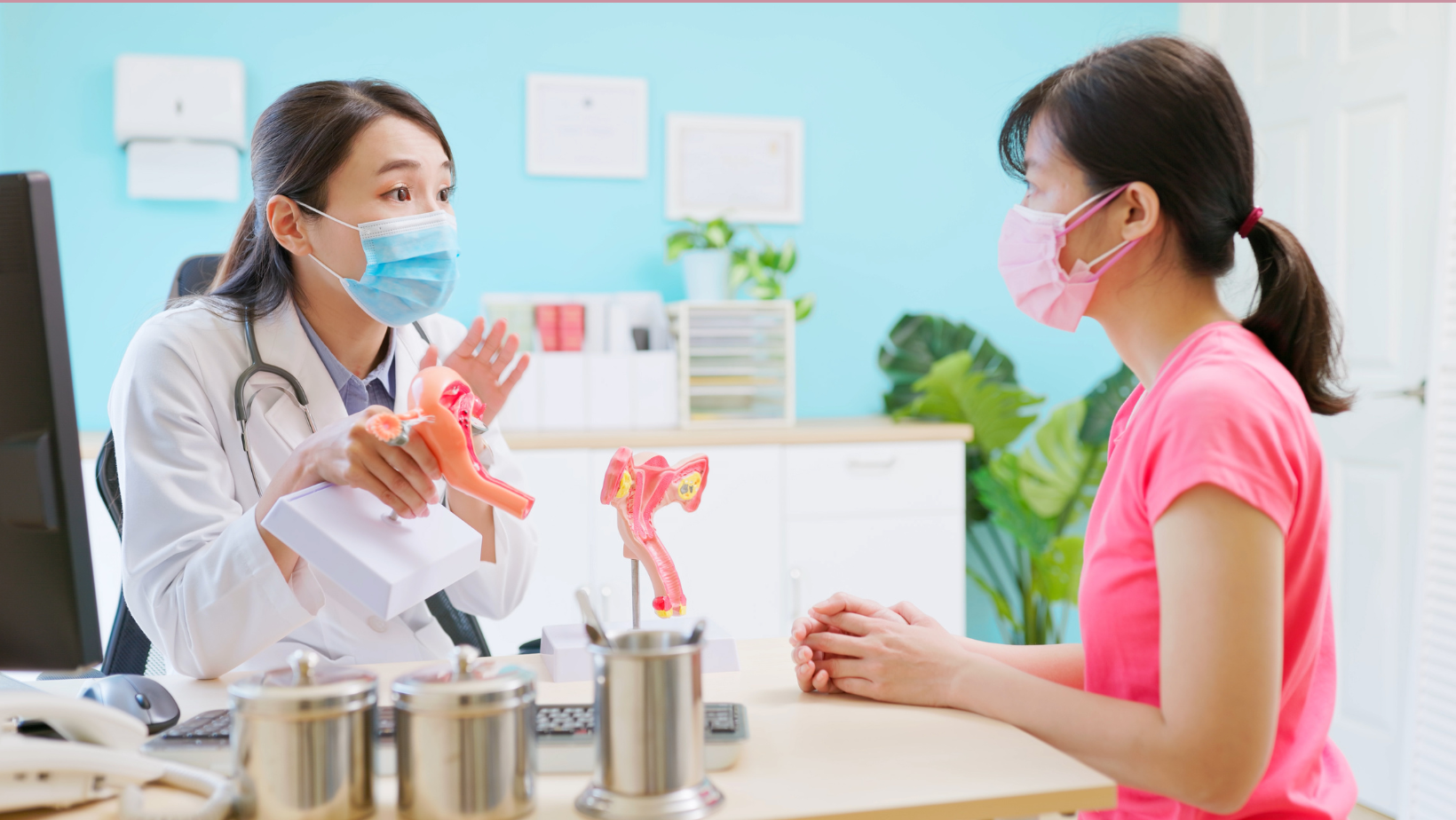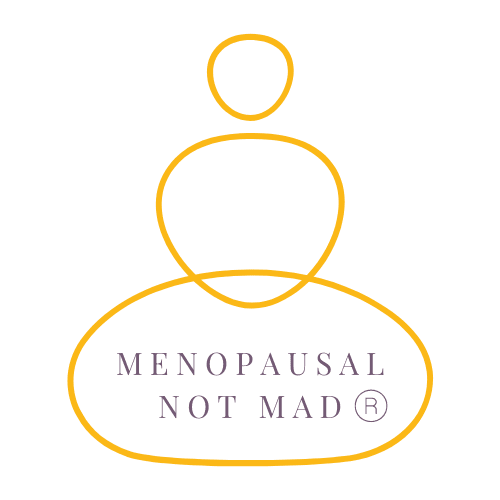Decision Time: It’s an Individual Thing!

Hi!
Well you’re reading the second of my ramblings about my pelvic health journey so I assume you’re either on a similar path or just like to read my ramblings! (or you’re just interested in bowels and uteruses like me!)
If you’ve ended up reading this blog before reading Part One then you have no idea what I’m talking about so feel free to hop over to the first blog HERE
Making Decisions
As I mentioned last time, I’m an embarrassingly prolific oversharer in the real world so in keyboard world it’s never going to end well!
I have a bowel and bladder prolapse and my uterus has had her day so after 15 years of trying to be taken seriously I decided that 2022 was going to be my year to get sorted along with my chronic IBS or whatever that was (lots of pooping and urgency!)
See my blog on gluten intolerance for one of my issues in the poop department.

Asking Questions
Once I had made the decision to get sorted, I was on a mission and this section will hopefully help you to make your own decisions based on your individual needs and wants (because, as you know, we’re all different)
I came away from my specialist appointment with a list of questions I was not ready to ask as it was important to take a bit of time to consider them and to discuss them with my husband (more on that later)..I am not known for my patience or for taking time to consider things so this was a new behaviour for me!
Having said that I did ask a lot of of obvious questions which I urge anyone to do, if only to empty your brain of the initial brain clutter!

During the consultation I was clear about my desired end results: a bowel that was not constantly trying to escape from my body! and a bladder that didn’t feel the need to veer between apathy and urgency.
Note: Many of my menopause community struggle with atrophy which can cause bladder or bowel leakages, urgency or even total incontinence resulting from the low or fluctuating estrogen associated with peri or post menopause.
This is not my issue but prolapse can be avoided early on for many women if estrogen levels are good .
If you do want to know more about bladder leaks and urgency do read my resource HERE
What To Ask

I bloody LOVE a list! and don’t get me started on my thing for stationery so there was a long line of lists in my planning for the appointment, then a list of what I was told, (to discuss with my husband Roger), then a list of further questions to ask at my follow up telephone appointment.
As I work in women’s health most of my waking time, you would think I would know all the answers to all the possible questions about prolapse operations and hysterectomy but obviously I am not a surgeon and we all know that when a procedure or a medication applies to you personally, it is very different to giving advice to others.
Key Questions I Asked During my First Appointment:
“I assume my bowel and bladder op will not involve any of the mesh that has caused so many problems?”
“How will the bowel be fixed?”
“I know I am here to discuss bowel surgery but can you remove my uterus too please?”
“Will I have my cervix removed?”
“Can I also have my ovaries removed even though they are not a problem?”
“How long is my recovery likely to be?”

The Initial Responses:
“I assume my bowel and bladder op will not involve any of the mesh that has caused so many problems?”
Definitely no mesh! We will cut a diamond shaped section from the inside of the vagina (posterior side) then stitch the sides together to improve the strength of bowel support. We will also assess the bladder (anterior side) and do the same on that side as required.
“How will the bowel be fixed?”
As above
“I know I am here to discuss bowel surgery but can you remove my uterus too please?”
errr… will I try to persuade you to have a hysterectomy? ..No
Can you persuade me to perform a hysterectomy on you at this stage?.. Yes. You are likely to need one in 10-20 years anyway and have had regular problems with post menopausal bleeding, so it’s sensible
“Will I have my cervix removed?”
Yes
“Can I also have my ovaries removed even though they are not a problem?”
We may not be able to reach them during the vaginal surgery but we will try if that’s what you want.
“How long is my recovery likely to be?”
Around 6 weeks but you will need to move regularly every day. No lifting of anything heavier than a loaf of bread early on
So now I had some thinking to do!
You can read part 4 HERE
If you would like to join the email list for monthly updates; you can do that HERE
Jane Pangbourne dedicates her time to HRT research & education.
She is also Founder of Menopausal Not Mad and The HRT Truth Collective
When you need more individual help with your symptoms or your HRT choice you can book a 1:1 consultation from HERE




